Did you know that the majority of dietary fibers limit your body’s ability to absorb essential minerals such as magnesium, iron and calcium, as well as certain drugs and medications? This isn’t a concern with Regular Day Sunfiber, which actually promotes the absorption of iron and minerals, helping to ensure that you receive the maximum benefits from the digestible foods in your diet.
Some prescription medications may also be robbing your body of these nutritionally powerful minerals. Here is why you need these three nutrients, and more tips (in addition to choosing Regular Day Sunfiber) for maximizing your intake and absorption.
- Iron: We need iron to transport oxygen throughout our bodies and remove carbon dioxide. Some antibiotics, bisphosphonates and thyroid medications may interfere with iron absorption. If you’re concerned about getting enough iron, it’s important to know the difference between the two different types of dietary irons. Non-heme iron, found in beans, cereals and some vegetables, is the more poorly absorbed of the two. Some foods – including eggs, milk and coffee – may further decrease the amount of non-heme iron your body is able to absorb from foods. The richest dietary iron source is lean red meat, which contains heme iron, which is well absorbed by the body. Fish, turkey and chicken also contain heme iron, but in lesser amounts.
- Calcium: Our bodies need calcium for healthy bones and teeth, as well as hearts, nerves and blood-clotting systems. Some heart medications, water pills, antibiotics and bisphosphonates may interfere with calcium absorption. To get enough calcium, make sure you’re also getting sufficient vitamin D. We need vitamin D to absorb calcium. You can get Vitamin D from egg yolks, some fortified foods and sun exposure.
- Magnesium: This mineral is used by our bodies for healthy bones, nerves and muscles. It also helps neutralize stomach acid and supports digestive health. Some blood pressure medications, water pills, antibiotics and bisphosphonates may interfere with our ability to absorb magnesium from our food. You can boost your magnesium intake by eating more green leafy vegetables, beans, nuts and whole grains.
A varied, nutritious diet is essential for good health. It’s also important to know when you might need an extra nutrient boost, and how to do so easily and effectively.


